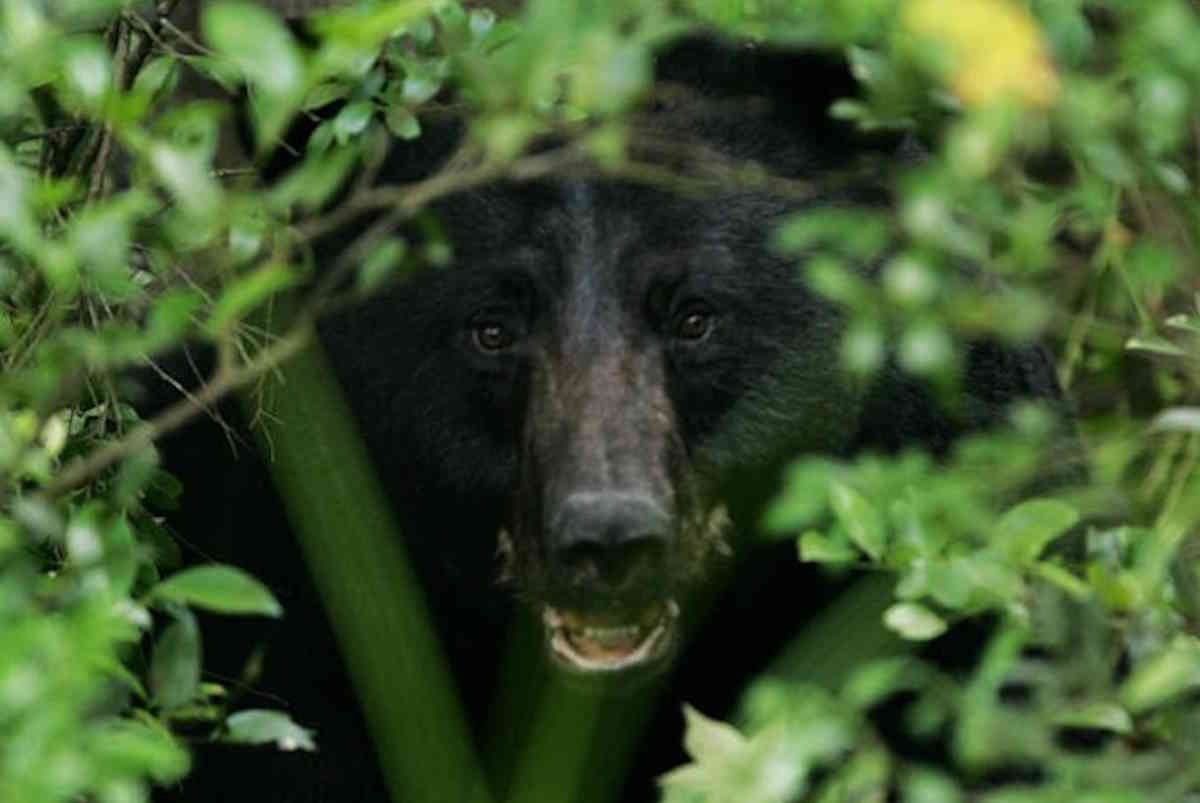Japan is experiencing a surge in bear attacks, leading authorities to consider allowing residents to shoot bears in urban areas. Overpopulation and hibernation issues complicate management, particularly in Hokkaido. Proposed changes to wildlife protection laws have sparked public concern and skepticism from hunting clubs about safety risks.

@Wikimedia Commons
Japan is on high alert due to an increase in bear incursions into densely populated areas and numerous incidents reported annually. As of April, more than 200 attacks had been recorded, with an additional 30 between April and July.
Rising reports and urgent discussions
The growing number of sightings has prompted Japanese authorities to urgently discuss drastic measures for dealing with these problematic animals. One controversial solution under consideration is the culling of bears, granting residents the authority to shoot bears that enter urban areas.
Challenges in autumn and hibernation
While conflicts with wildlife are expected to decrease with the arrival of autumn and the start of hibernation, the problem persists for bears unable to hibernate. This issue is attributed to the insufficient food supply in the wild and unusually warm temperatures.
Regional overpopulation
Certain regions, such as Hokkaido, are experiencing a significant increase in bear populations. The local administration has implemented various measures over time, including the use of intimidating robot wolves as deterrents.
Complexity in bear management
Managing the bear population remains extremely complex. The Ministry of the Environment is considering revising the Wildlife Protection Act, specifically Article 38, which currently prohibits the use of firearms in urban areas.
Can culling bears by allowing residents to shoot them in urban centers be a viable solution? Japanese newspapers describe it as a “no-hesitation death sentence,” causing widespread concern.
Concerns from hunting clubs
Hunting clubs are also not fully convinced, as shooting a bear in a populated area poses significant risks to public safety. If the law is revised, hunters would receive training from the police to handle emergencies and prevent fatal accidents.
Is it necessary to always consider animal elimination as the solution?
Sources: Mainichi – Ashai
